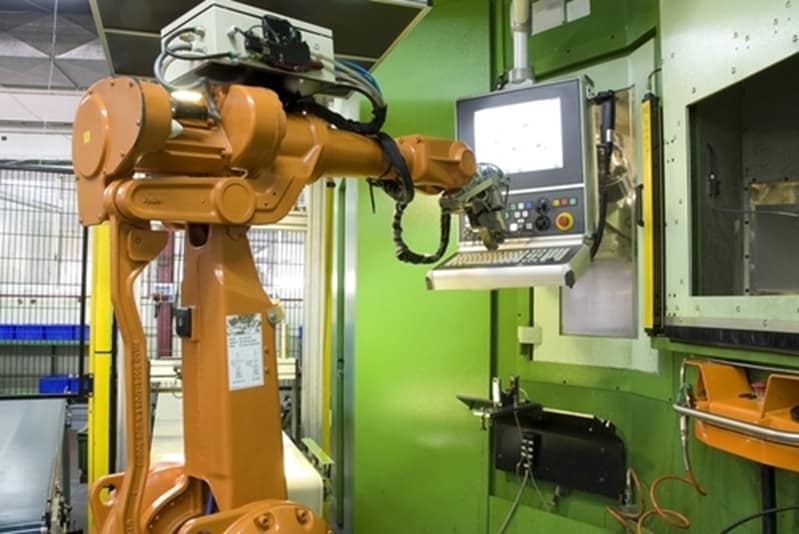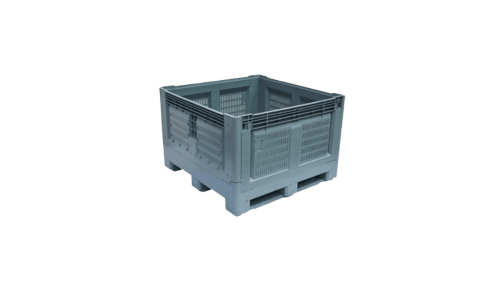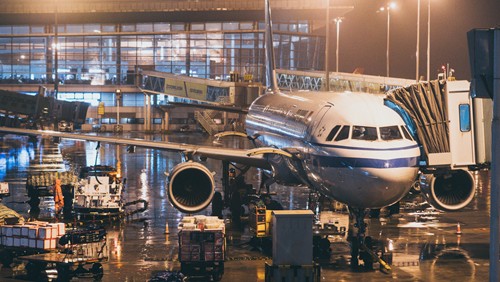Advances in the Australian transport and supply chain industries could mean big changes for both companies and consumers in the coming years. Deloitte Access Economics and Deakin are just two of the many organisations researching the coming trends. Findings show that automation and the sharing economy may have the biggest impacts.


The growth of automation could impact the jobs market
Institutions are investigating whether advancements will negatively impact the number of jobs in the industry. Deakin’s investigation into Australia’s future supply chain aims to address whether the automation industry will have a major impact on human labour in the country. For example, drones will be able to deliver mail to Australians in the coming years. They may eliminate the need for postal carriers or post-office workers. Amazon and other companies around the globe have recently been implementing drone carriers for faster delivery, among other benefits.
Amazon and other companies around the globe have recently been implementing drone carriers for faster delivery, among other benefits.
The sharing economy
Other issues that the Deakin investigation is aiming to address are related to the expanding sharing economy. The sharing economy, which is a commerce structure based on peer-to-peer sharing and services, has become ubiquitous worldwide, thanks to companies like Uber, Lyft, Zipcar and Airbnb. These companies are benefiting from the related gig economy, which is made up of side gigs and temporary jobs and services. More people are freelancing or taking on side jobs. This tends to fuel these sharing economy apps, as they are great resources to find temporary work.
The value behind the sharing economy could soon be adapted to the transport and supply chain industries in Australia. This could include an increase in shared truckloads and other shared freight transportation systems, in addition to shared warehouse space. For food and beverage companies, this could mean shared mobile, driverless grocery stores, a possible trend that is also being investigated by Deakin.
Less interest in supply chain management?
Younger managers may not be sticking around due to the sharing economy, gig economy and automation. An SCM World survey showed that bringing millennial talent into supply chain organisations will likely be harder in the coming years. And 32 per cent of participants thought that more jobs would be eliminated than created. However, Deloitte Access Economics predicted that the number of Australians in the supply chain. And logistics workforce will continue to increase by about 16,000 new workers each year for the next few years. What those jobs will look like remains unclear.
Whatever form the Australian supply chain takes in the future, consumers will still be ordering products that will be packed and shipped using plastic pallets. Find out more by contacting Eco Pallets today.
ecopallets.com.au/the-future-of-the-Australian-supply-chain/










Comments are closed.